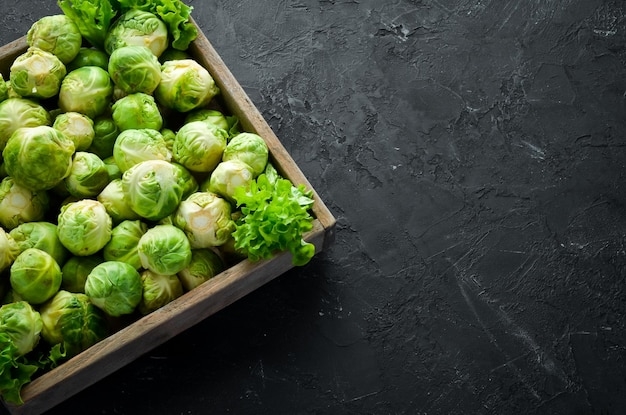Beetroot, also known as table beet, red beet, or garden beet, is a vegetable that is known for its vibrant red color and sweet taste. It’s a root vegetable that is commonly eaten roasted, boiled, pickled, or raw. Beetroot is packed with nutrients, vitamins, and minerals that make it a healthy addition to any diet. In this article, we’ll be discussing the fiber, folate, and antioxidants per 100g of beetroot.
What is Fiber?
Fiber is a type of carbohydrate that is found in plant-based foods. It’s an essential nutrient that helps promote healthy digestion, regulate blood sugar levels, and maintain a healthy weight. There are two types of fiber: soluble and insoluble. Soluble fiber dissolves in water and forms a gel-like substance in the digestive system. Insoluble fiber doesn’t dissolve in water and adds bulk to the stool, promoting regular bowel movements.
The Amount of Fiber in Beetroot per 100g
100g of beetroot contains about 2.8g of fiber, which is about 11% of the recommended daily intake of fiber for adults. Beetroot is an excellent source of both soluble and insoluble fiber, making it a great food for promoting healthy digestion.
What is Folate?
Folate, also known as vitamin B9, is an essential vitamin that is important for cell growth and development. It’s especially important for pregnant women, as it helps prevent birth defects in the baby’s brain and spine.
The Amount of Folate in Beetroot per 100g
100g of beetroot contains about 109mcg of folate, which is about 27% of the recommended daily intake of folate for adults. Beetroot is a great source of folate, making it an excellent food for pregnant women.
What are Antioxidants?
Antioxidants are compounds that protect the body from damage caused by free radicals. Free radicals are unstable molecules that can cause oxidative stress, leading to damage to cells, tissues, and organs. Antioxidants neutralize free radicals, helping to prevent damage to the body.
The Amount of Antioxidants in Beetroot per 100g
Beetroot is a rich source of antioxidants, particularly betalains, which are responsible for the vegetable’s vibrant red color. Betalains are a type of antioxidant that has been shown to have anti-inflammatory and detoxification properties. Additionally, beetroot contains other antioxidants such as vitamin C, vitamin E, and beta-carotene.
How to Incorporate Beetroot into Your Diet
Beetroot can be eaten in many ways, making it easy to incorporate into your diet. Here are a few ideas:
- Roasted Beetroot: Slice beetroot into thin rounds, toss with olive oil and salt, and roast in the oven until tender.
- Beetroot Salad: Grate beetroot and toss with a simple dressing of olive oil, lemon juice, and salt. Add some goat cheese and walnuts for extra flavor and texture.
- Beetroot Hummus: Add boiled beetroot to your favorite hummus recipe for a vibrant and nutritious dip.
- Beetroot Juice: Juice beetroot with other fruits and vegetables for a nutrient-packed drink.
FAQs
Q. Can beetroot help lower blood pressure?
A. Yes, beetroot contains nitrates, which can help lower blood pressure.
Q. Is it safe to eat beetroot every day?
A. Yes, beetroot is safe to eat every day, but it can cause urine or stools to turn pink or red, which is normal.
Q. Can eating beetroot help improve athletic performance?
A. Yes, some studies suggest that the nitrates in beetroot can improve athletic performance by increasing oxygen flow to muscles.
Q. Is it better to eat raw or cooked beetroot?
A. Both raw and cooked beetroot are healthy options, but cooking can help make the nutrients more bioavailable.
Q. Can beetroot help improve cognitive function?
A. Yes, some studies suggest that the nitrates and antioxidants in beetroot can improve cognitive function and reduce the risk of dementia.
Conclusion
Beetroot is a nutritious and delicious vegetable that is packed with fiber, folate, and antioxidants. It’s a versatile ingredient that can be eaten roasted, boiled, pickled, or raw, and can be incorporated into many different recipes. Whether you’re looking to improve your digestion, maintain a healthy weight, or reduce your risk of chronic disease, beetroot is a great food to add to your diet.

















































